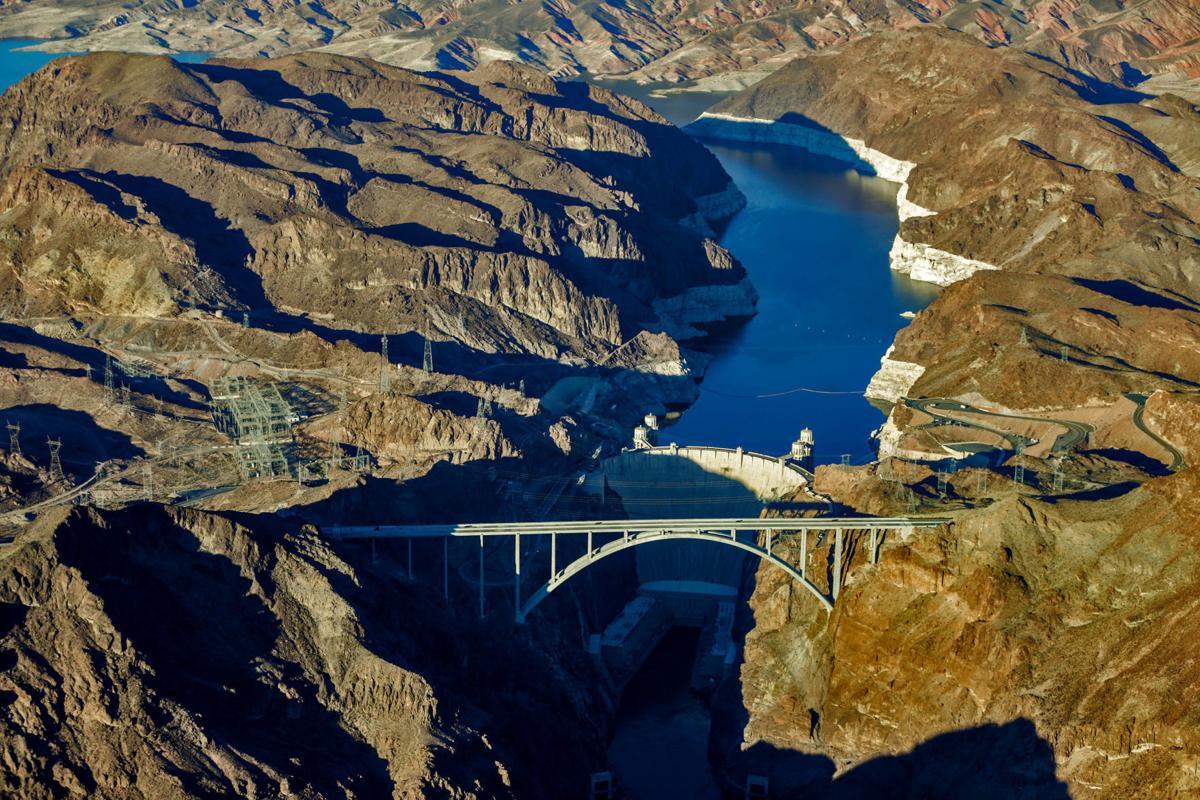The odds are looking increasingly poor that Arizona and other Western states will meet a March 4 federal deadline for wrapping up Colorado River drought plans.
That’s not just because of the ongoing conflict over a now-shelved water rights bill for Eastern Arizona that prompted a threat from the Gila River Indian Community to bolt this state’s drought plan.
It’s also not just because of a Southern California irrigation district’s efforts to secure $200 million in U.S. funds to shore up the dying Salton Sea. Without that money, the Imperial Irrigation District — which holds more Colorado River rights than anyone else — says it won’t sign onto the drought plan that is supposed to cover all seven river basin states.
Even if those high-profile issues are settled, more mundane matters seem increasingly likely if not certain to keep Arizona in particular from meeting U.S. Reclamation Commissioner Brenda Burman’s deadline.
That would mean Burman would start the potentially politically explosive process of seeking comments from the seven river basin states about how to manage the over-allocated Colorado. By August, she would make a decision on that.
Exactly what that would mean is highly speculative. But various observers have worried that it could mean deeper cuts to Arizona’s river supplies than this state has approved, prolonged litigation, or both.
The two problems are:
- Arizona stands little chance of wrapping up by March 4 all 16 agreements that it needs to complete between the state government, the Central Arizona Project and various water users to finish up this state’s drought plan. This week, state and CAP officials said about half are done and that it will take about 60 days to finish the rest.
- Before Arizona can sign the broad, seven-state agreement that’s needed to complete work on the drought plan, Congress must also approve the drought plan. That condition was laid down in the legislation overwhelmingly passed Jan. 31 by the Arizona Legislature that approved the drought plan.
Action to get the legislation rolling will probably come “over the next month,” said Ted Cooke, general manager of the water district that runs CAP. That would put final passage well past March 4.
On Feb. 1, when Burman set the March 4 deadline, she emphasized Arizona’s need to wrap up the intrastate agreements, even as she said “I applaud” the Legislature’s Jan. 31 approval of a drought plan.
She added that the risk that Lake Mead, a Colorado River reservoir, will plummet to “critical levels” will be four times worse without a drought plan than with one.
In a phone interview this week, a top bureau official working in Arizona downplayed the importance of the unsigned internal agreements but said it’s crucial for this state to sign the much broader, seven-state drought plan.
“What she wants to know is ‘are you ready to sign?’” said Leslie Meyers, manager of the bureau’s Phoenix office. “The commissioner is not trying to get into state business, what the state has to do internally ... she wants it to be done, signed and executed.”
Arizona Department of Water Resources and CAP have sought to downplay Burman’s concerns themselves.
March 4 is “the commissioner’s deadline. We met our obligation ... on January 31. It’s not our deadline,” said Cooke, of the three-county Central Arizona Water Conservation District that runs CAP.
Last week, Cooke and Arizona Water Resources Director Tom Buschatzke wrote Burman that her latest deadline “had the unfortunate effect of diminishing the landmark achievement in Arizona and creating unspecified new milestones for Arizona to accomplish ...
“While deadlines can be useful to bring things to completion, the imposition of another deadline, March 4, is counterproductive and a potential distraction to completing the intrastate agreements within Arizona,” they wrote on Feb. 12.
Tucson’s top water official, who was heavily involved in the state’s drought plan talks, predicted that Burman will give Arizona a pass even if it doesn’t make her March 4 deadline.
“It doesn’t make me nervous that we could miss the deadline,” Tucson Water Director Tim Thomure said Wednesday. “Our efforts are better spent on executing and completing agreements we all verbally agreed to than worrying about a March 4 deadline.”
By then, “We will have shown sustained progress toward being as done as everybody else,” he said. “Prior to January 31st, Arizona was not on the same level as the other parties.”





